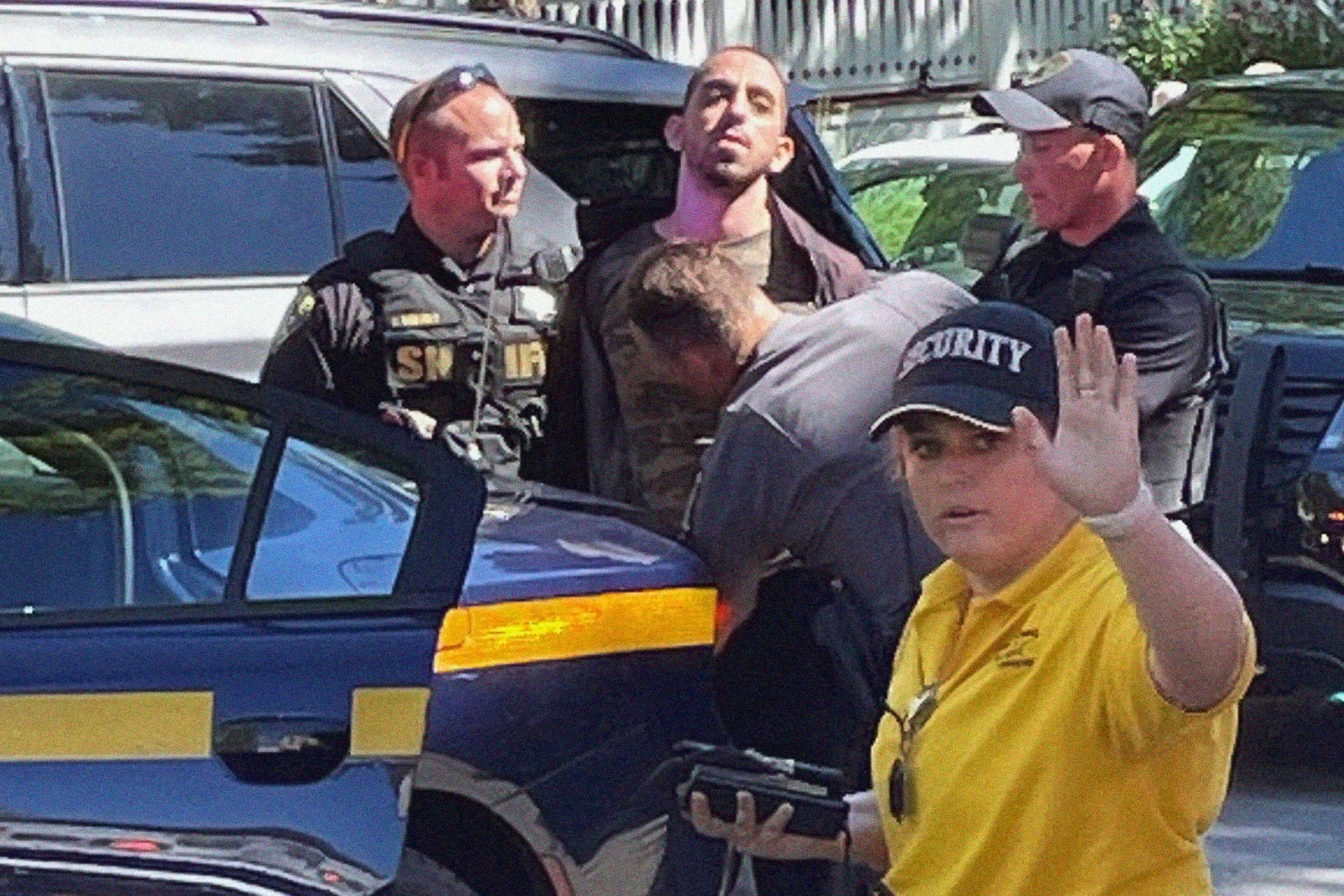Salman Rushdie attack suspect: What investigators are saying
The suspect is in New York State Police custody.
Law enforcement officials briefed on the investigation into Salman Rushdie's attack told ABC News that "a preliminary investigation into the suspected perpetrator's probable social media presence indicates a likely adherence or sympathy towards Shi'a extremism and sympathies to the Iranian regime/Islamic Revolutionary Guard Corps."

Author Salman Rushdie was attacked while giving a lecture at an education center, the Chautauqua Institution in Chautauqua, in southwestern New York, Friday morning. Rushdie was stabbed at least once in the neck and abdomen, after a man ran up on stage and attacked him and his interviewer. The interviewer, Henry Reese, 73, suffered a minor head injury during the attack, police said. He was treated for a facial injury at a nearby hospital and has since been released, police said.
Rushdie's agent told ABC News on Friday that he will likely lose an eye, the nerves in his arm were severed and his liver was stabbed and damaged.
Law enforcement have identified Rushdie's attacker as 24-year-old Hadi Matar of New Jersey. Matar is currently in New York State Police custody. Matar is charged with felony attempted second-degree murder and second-degree assault.
Matar was processed at SP Jamestown and transported to Chautauqua County Jail and will be arraigned on Aug.13.

The suspect was born in California, sources told ABC News. On the suspect's phone, investigators say they found photos of Iranian Maj. Gen. Qasem Soleimani, who was killed in a U.S. drone strike, and Abu Mahdi al-Muhandis, the leader of Iraq's pro-Iranian militia movement, also killed by U.S. forces. Police recovered a fake New Jersey driver's license, which appears to have used the suspect's picture with the alias "Hassan Mughniyah," a possible reference to Hassan Nasrallah, the leader of Lebanese terror organization Hezbollah, and Imad Mughniyeh, who was the group's No. 2 official before being killed in 2008, sources said.

Detectives are now calling the attack an "apparent assassination attempt" by "an individual with strong indicators of ideological support for the Iranian regime." They said the incident occurred during a period of "plot disruptions" apparently connected to the current state of U.S.-Iran tensions.

Investigators are noting Iran continues to threaten its enemies around the world as part of its stated play for revenge for the killings of Soleimani and al-Muhandis.

Investigators say they do not know, at this point, whether the Ayatollah's prior call to assassinate Rushdie was a motivator. No Iranian official has commented on the attack yet.
Ayatollah Ruhollah Khomeini, the late Supreme Leader of the Islamic Revolution and a prominent Shi'a Muslim figure, issued a "fatwa," a religious decree, on Feb. 14, 1989, calling for the death of Rushdie and his publishers over his book "The Satanic Verses." Officials stress that the probe is ongoing and information is subject to change. The incident occurred less than 24 hours ago.




